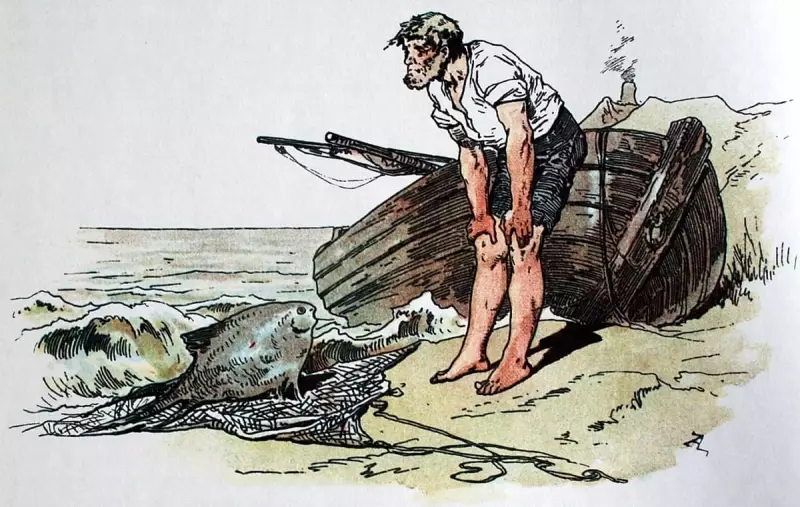
In a plot twist worthy of a modern fable, the literary world has been captivated by an unexpected bestselling author: an artificial intelligence. The AI-generated fairytale, 'The Fisherman and the Troll', has rocketed to the top of charts, igniting fervent debate and blurring the lines between human and machine creativity.
A Digital Grimm's Tale
The story itself is a hauntingly beautiful narrative crafted from a vast database of global folklore. It tells the tale of a lonely fisherman who, after years of empty nets, makes a profound catch—a ancient, moss-covered troll. Instead of a confrontation, the two form an unlikely bond, exploring themes of isolation, nature, and companionship.
Critics and readers alike have been stunned by its lyrical prose and emotional depth. 'It possesses a strange, melancholic magic,' one reviewer noted. 'It reads like a long-lost Scandinavian folktale, yet feels entirely fresh.'
The Algorithm Behind The Art
The project was the brainchild of a collective of writers and technologists who fed the AI a curated diet of thousands of classic myths, legends, and fairytales. The system was then prompted to generate a new story incorporating classic motifs—a bargain, a magical creature, and a moral quandary.
The result was not a simple patchwork of existing ideas but a coherent and original narrative with a distinct voice and poignant conclusion that has resonated deeply with a global audience.
A Publishing Earthquake
The book's commercial success has sent shockwaves through the publishing industry. It forces a fundamental re-evaluation of core questions: What constitutes an author? Who holds the copyright to a machine's output? And can art created by algorithms truly move the human soul?
While some herald it as a revolutionary tool for creativity, others see it as a threat to artistic integrity. Purists argue that stories lack value without human experience and intent, while innovators counter that the AI is merely a new kind of pen—a tool that extends the reach of human imagination.
The Future of Storytelling
'The Fisherman and the Troll' is more than a curious novelty; it is a landmark moment. It proves that AI can not only mimic narrative structures but can also evoke genuine emotion, challenging our very definitions of art and creativity.
As this digital folktale finds its place on bookshelves, it ensures one thing: the conversation about humanity's relationship with technology has just become a great deal more fascinating, and more urgent, than ever before.





